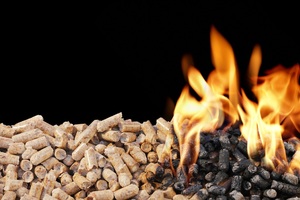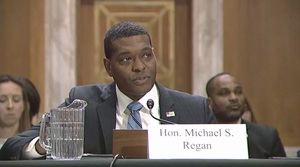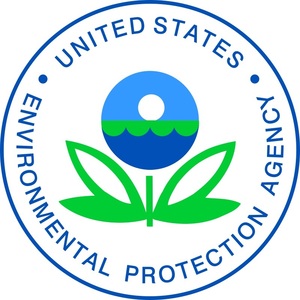Vermont House passes Clean Heat Standard bill
Energy Disrupter
ADVERTISEMENT
The Vermont House of Representatives on March 16 voted 96 to 44 in favor of a bill that aims to implement a Clean Heat Standard to reduce greenhouse gas (GHG) emissions from the state’s thermal sector. The legislation, H. 715, is currently being considered by the Vermont Senate.
The Clean Heat Standard aims to help Vermont reach its goal to reduce GHG emissions by 80 percent below 1990 levels by 2050. That goal was set by the Vermont Global Warming Solutions Act of 2020, which also required Vermont Climate Council to publish an initial Vermont Climate Action Plan. That plan, published in December 2021, found that more than one-third of Vermont’s GHG emissions come from the thermal sector. The report also determined that approximately 72 percent of Vermont’s thermal energy use is fossil-based, including 43 percent from the combustion of fossil gas and propane, and 29 percent from the burning of heating oil, according to language contained in H. 715.
The Clean Heat Standard established by H. 715 would create system of tradable clean heat credits earned from the delivery of clean heat measures that reduce GHG emissions. Obligated parties could earn credits through the delivery of eligible clean heat measures, contracts for delivery of eligible clean heat credits, through the purchase of clean heat credits, or through delivery of eligible clean heat measure by a designated statewide default delivery agent.
Eligible clean heat measures specified in H. 715 include advanced wood heating appliances and systems; renewable natural gas (RNG) and low-emission advanced gases; the supply of sustainably sourced biofuels; renewable energy-based district heating systems; thermal energy efficiency improvements and weatherization; and the installation of cold-climate heat pumps and efficient electric appliances providing thermal end-uses. For pipeline RNG and other renewably generated natural gas substitutes to be eligible, the legislation states that an obligated party shall purchase RNG and its associated renewable attributes and demonstrate that it has secured a contractual pathway for the physical delivery of the gas from the point of injection into the pipeline to the obligated party’s delivery system.
The legislation was introduced in the Vermont Senate on March 22 and referred to the Committee on Natural Resources and Energy. Additional information, including a full copy of the bill, is available on the Vermont General Assembly website.
















